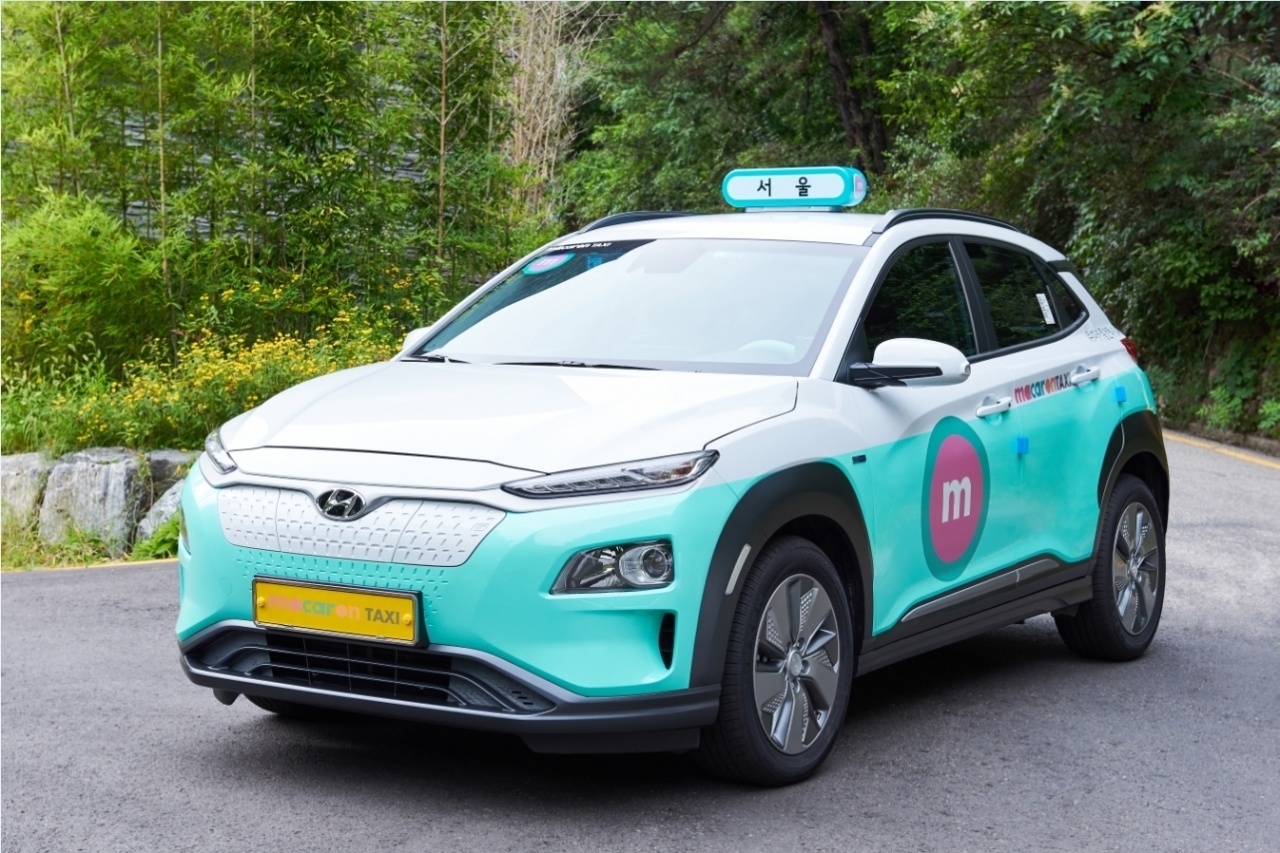LG Chem, Hyundai breathe new life into dead EV batteries
To address mounting used-up batteries, major firms team up to create new business models by reusing them
By Kim Byung-wookPublished : Oct. 20, 2020 - 17:39

Major South Korean firms including LG Chem, Hyundai Glovis and Hyundai Motor have come up with new business models to reuse dead electric vehicle batteries to address approximately 80,000 used-up EV batteries that will materialize by 2029.
The plan follows the Ministry of Trade, Industry and Energy’s fourth committee meeting on Monday to review regulatory exemptions for new business models, giving the green light to three projects that reuse EV batteries.
When an EV batteries’ performance level drops to somewhere between 80 to 60 percent, they have to be replaced with new ones as they can’t offer the same driving range.
In Korea, when drivers of subsidized EVs scrap their cars, they have had to return worn-out batteries to the municipalities they received subsidies from since December 2018.
However, those retrieved batteries have been sitting in warehouses as Korea lacked guidelines on how to evaluate the value of the dead batteries and clear performance and safety standards for them.
By allowing private companies to run trial projects with worn-out batteries for two years, the government aims to gather data to establish policies in the future.
To make use of redundant batteries, Hyundai Glovis, LG Chem and KST Mobility have teamed up to launch a battery rental service for electric taxis, which require battery replacements every two to three years as they clock up much more mileage than most EVs.
First, Hyundai Glovis will rent its batteries to a taxi company KST Mobility. When KST taxis change their batteries after two to three years, the replaced batteries will be then delivered to LG Chem, which will make energy storage systems that could offer rapid charging services for EVs.
The rental service will allow KST Mobility to operate more electric taxis as battery prices won’t be included when the company purchases new electric taxis.
“Our ultimate goal is to establish a virtuous cycle of dead EV batteries,” an Industry Ministry official said.
Apart from the rental service, Hyundai Motor has independently launched a pilot project to use dead batteries to store electricity generated from solar power generation facilities.
Hyundai Motor will reprocess its dead batteries before installing them inside ESS to achieve greater storage capacity.
The last project will be carried out by GoodByeCar, which will disassemble dead batteries retrieved by municipalities and use them to make smaller capacity cells and use them for powering camping cars.
“Business models utilizing used-up batteries are meaningful in that a battery manufacturer, automaker and service provider have collaborated and formed a strategic partnership to create new business models,” Industry Minister Sung Yun-mo said.
The partnership between LG Chem and Hyundai Glovis came amid an ongoing dispute over the cause of 14 fires -- 10 domestically and four overseas -- in Hyundai Motor’s Kona EVs loaded with LG Chem’s batteries since 2018.
After three cases of fire from Kona EVs reported this month alone, Hyundai Motor has initiated a voluntary global recall of 77,000 Kona EVs since Friday.
Hyundai Motor and LG Chem are working together to find the exact cause of the fire.
By Kim Byung-wook (kbw@heraldcorp.com)


















![[Today’s K-pop] Treasure to publish magazine for debut anniversary](http://res.heraldm.com/phpwas/restmb_idxmake.php?idx=642&simg=/content/image/2024/07/26/20240726050551_0.jpg&u=)